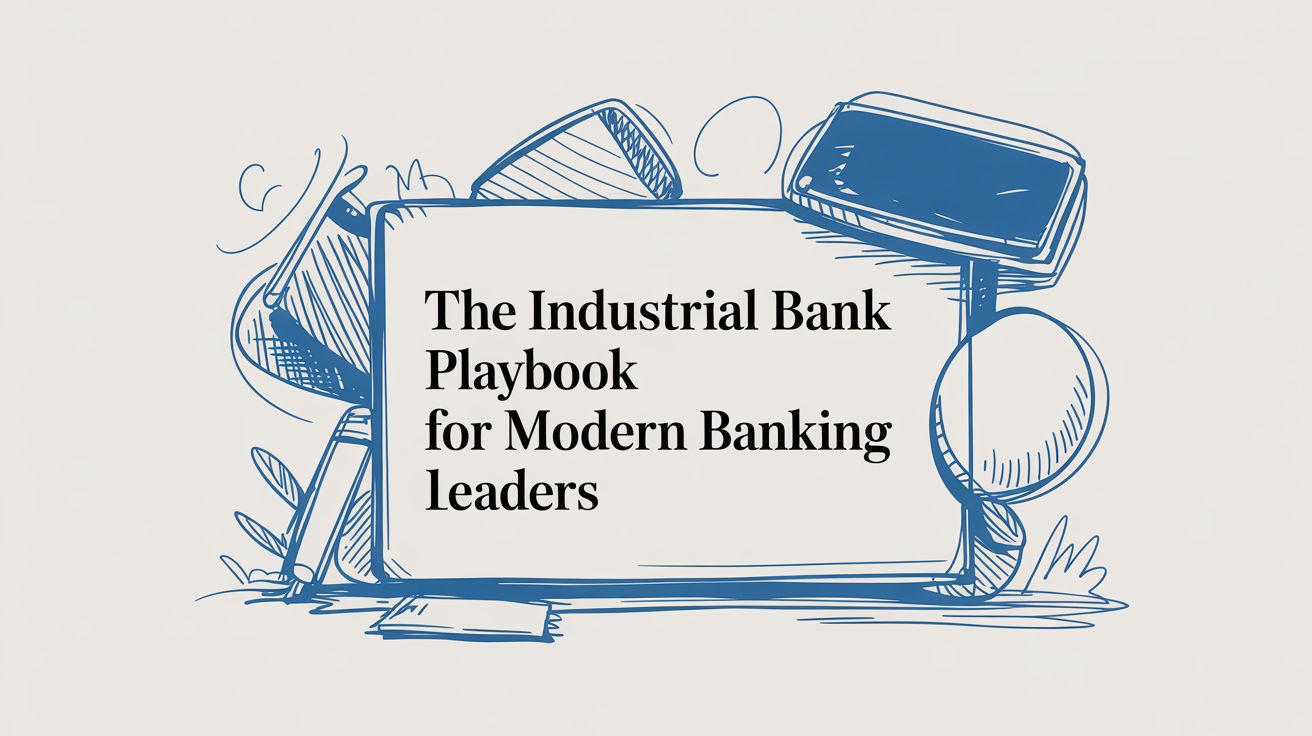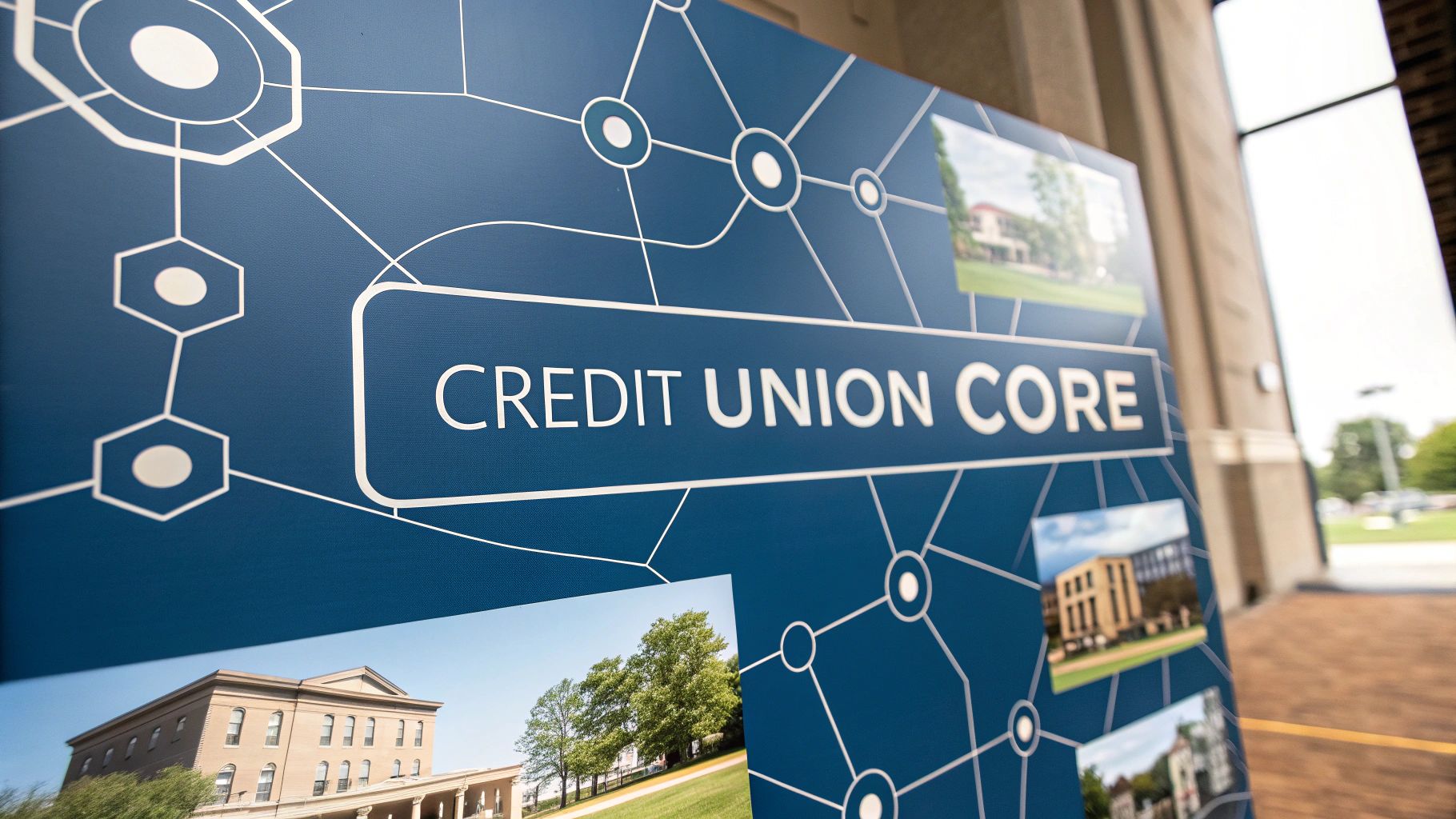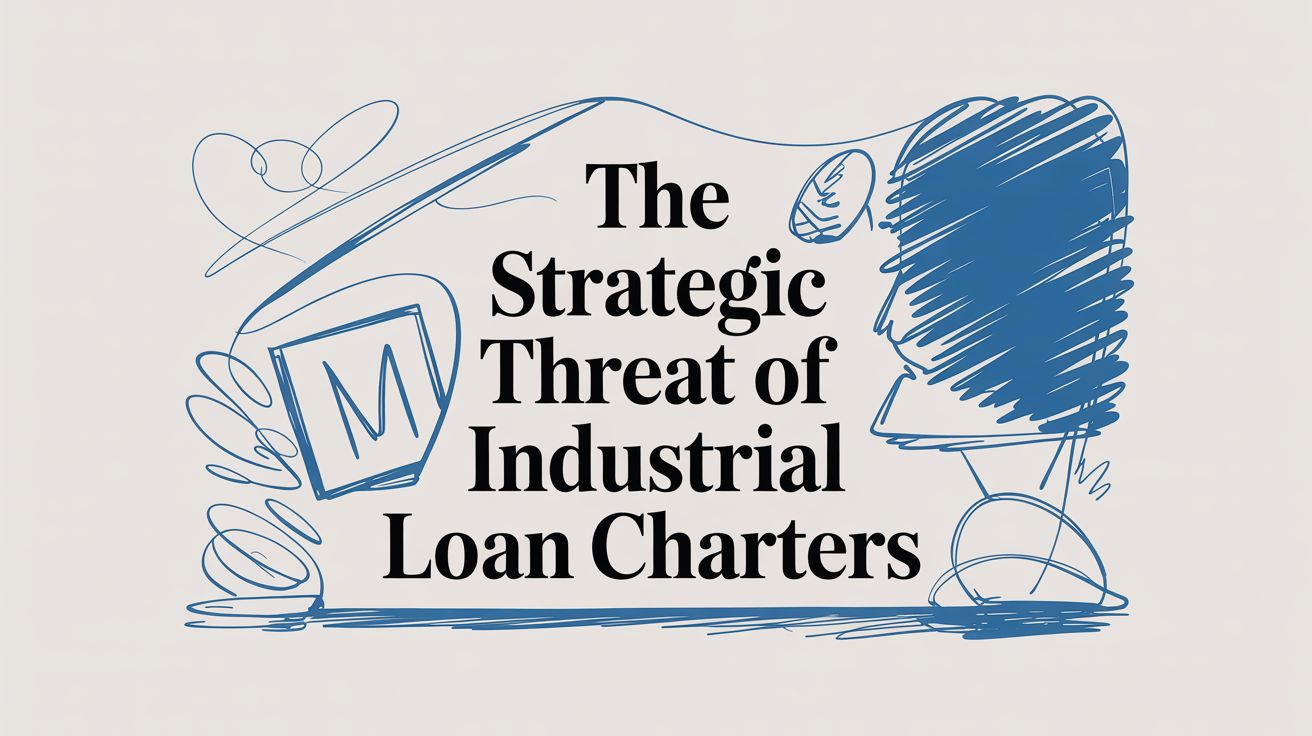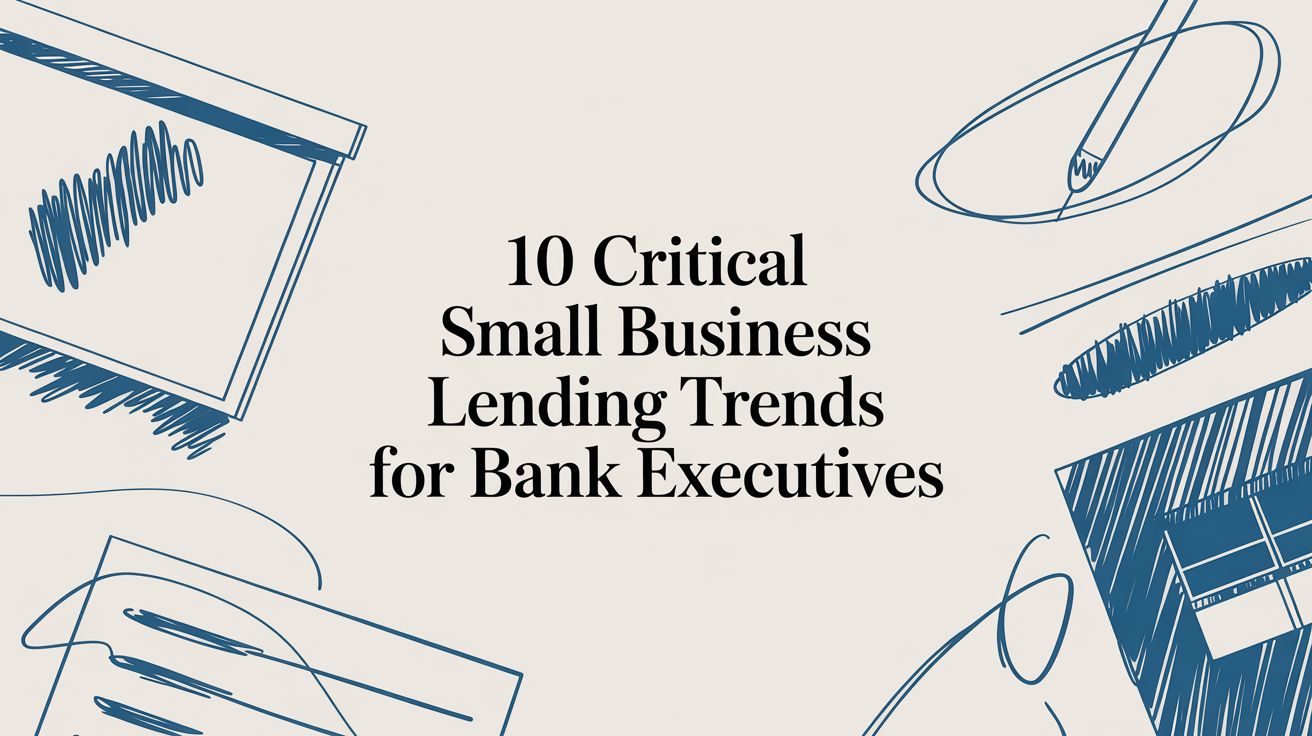Are credit unions at risk in these times of banking crises?
Brian's Blog
Credit unions—mutual, cooperative, and tax-different—steer clear of traditional shareholder models.
They prioritize consumers, lending mostly to individuals rather than companies.
But will this shield them during a banking crisis?
Owned by their members, they operate as mutual or cooperative institutions. But how does this affect their vulnerability during financial downturns?
With a higher number of accounts and a consumer-driven approach, credit unions feel the impact of consumer-driven recessions.
But wait, there's more! (Cue the infomercial sound effects)
Their services cater to smaller transaction sizes and loans—auto loans, mortgages, personal loans, and student loans.
Will they bear the brunt more than banks with commercial deposits and loans?
Here's the twist!
As the United States faces a financial crisis impacting consumers, employment rates, and housing market instability, credit unions face unique challenges.
If the banking crisis and recession impact consumer confidence and consumption, credit unions will be disproportionately affected.
As we navigate through this financial storm, the exact impact on credit unions remains uncertain but there is one thing we can be certain of - impacts to the American consumer will disproportionately affect credit unions.
The unemployment rates and financial struggles of individuals across the country will be key factors to monitor.
Let’s keep an eye on credit quality metrics for the American consumer as a bellwether for the performance of credit unions.
--
Digging deep on banks is what I do.
🔔 Follow Brian on Linkedin: Brian Pillmore
Other Links:
Similar Articles

Brian's Banking Blog
Decoding Credit Union Asset Size for Banks

Brian's Banking Blog
The Industrial Bank: A Strategic Analysis for Banking Leaders

Brian's Banking Blog
Credit Union Core Systems: An Executive Guide

Brian's Banking Blog
Analysis of the Largest Credit Unions: Strategic Insights for 2025

Brian's Banking Blog
8 Historic Banks That Merged: Lessons for Today's Executive

Brian's Banking Blog
The Strategic Threat of Industrial Loan Charters

Brian's Banking Blog
What Is Strategic Risk Management for Banks?

Brian's Banking Blog
A Guide to Allowance for Credit Losses for Bank Executives

Brian's Banking Blog
Mastering Operations in the Banking Industry for Strategic Advantage

Brian's Banking Blog